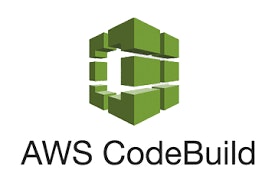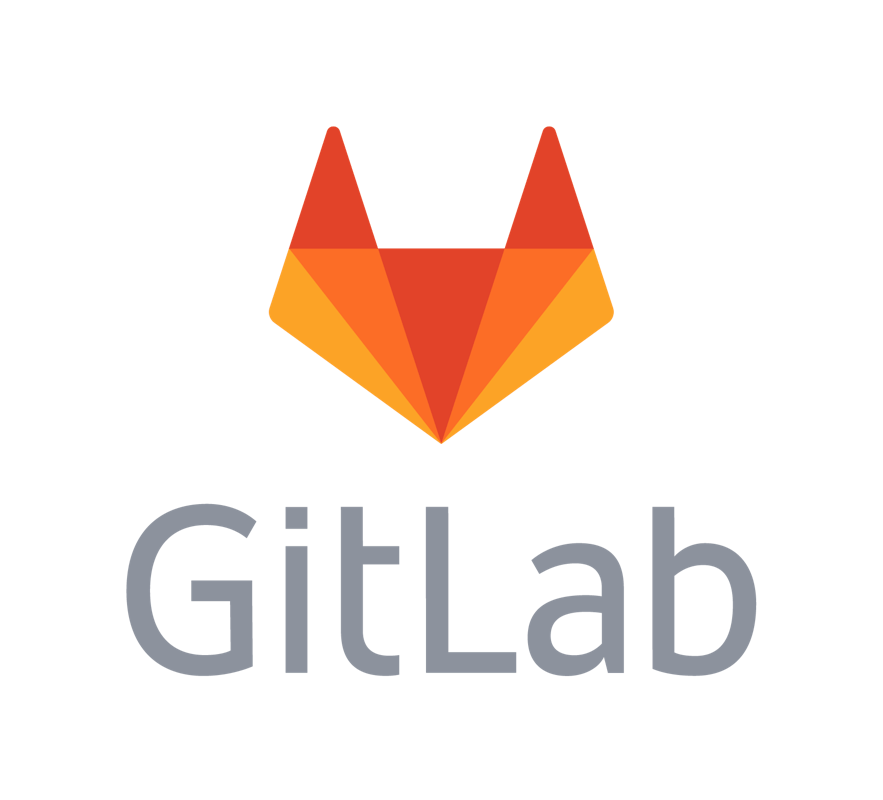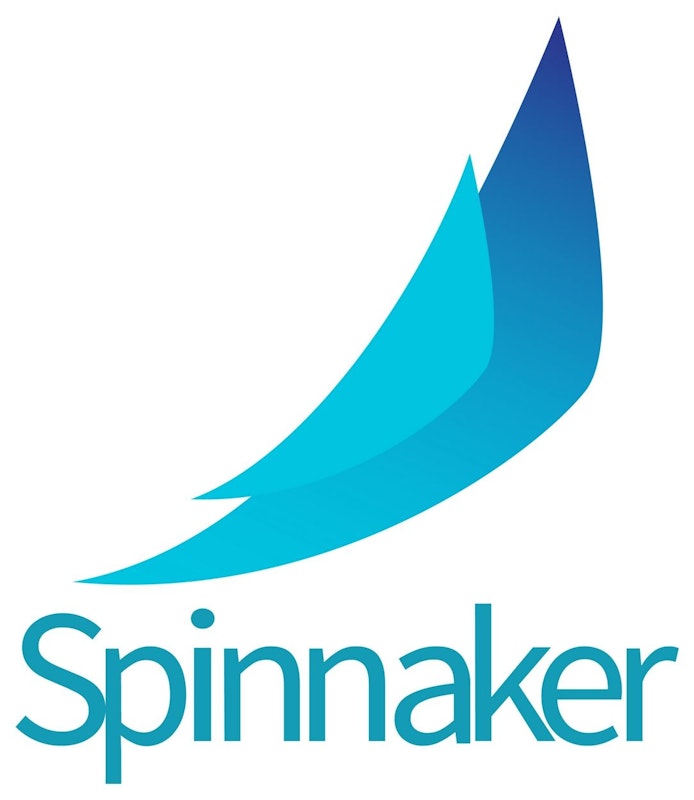Time-efficiency
10
Years of experience in IT
30%
Shorter time-to-market delivery
< 5%
average failure rate achieved
About CI/CD thinking

CI/CD is a key concept of DevOps methodology. Companies that use an agile approach benefit from breaking the silos between management, dev, ops, and QA departments. It makes them cooperate together and achieve the common goals .
Moreover, CI/CD transforms the collective effort into the automated process of an application build, full test coverage and quick zero-downtime deployment.
CI/CD benefits
Business needs dictate companies the way they rule their business. Continuous integration and deployment simplify the processes thanks to such benefits:
Enhanced delivery
Closer team communication
Speed & Productivity
Decrease in MTTR
Greater testability
Our CI/CDexpertise
We provide end-to-end solutions of any complexity.
CI/CD design from scratch
- Tooling definition and selection
- CI/CD strategy design and roadmapping
- End-to-end implementation
- Maintenance and optimization
CI/CD implementation service
- Current infrastructure evaluation, elimination of bottlenecks
- Tech stack selection
- CI/CD implementation
- Maintenance and optimization
CI/CD Consulting
- CI/CD pipelines audit
- Consulting and control of the execution
CI/CD solutions
We select among others the best solution to meet your business goals









Why choose ALPACKED as your CI/CD service provider
Quality
Any task completed by our DevOps engineer will pass internal quality control before delivery. That's the rule we never break!
Support 24/7
Our DevOps managers are always ready to answer your questions. You can call us on the weekends and at night. Because we are time zone and culturally aligned.
Experience
ALPACKED - DevOps company that has more than 10 years of IT experience. Certified in many technologies & methodologies.
Great rates
We have special prices for our loyal customers and startups.

Let's arrange a free consultation
Just fill the form below and we will contaсt you via email to arrange a free call to discuss your project and estimates.
More about continuous integration and deployment
The reputation losses and manual QA eventually cost more than the automated tests and CI pipelines.
CI/CD in DevOps
Growth. It is what every shareholder and CEO wants and demands, making development and operations teams feel daily pressure to deliver. In reality, solid growth is possible to achieve by implementing strict organizational practices - i.e. DevOps with automated CI and CD pipelines, no need to plan the moonshot.
Literally speaking, continuous integration and deployment is the foundation for adoption DevOps environment. Here CI/CD implies non-stop automation and alerting-monitoring-reporting phases all through application / software lifecycle.
CI and CD and the other CD
To understand the principles of CI/CD approach, you should determine the definitions first.
In case of CI, everything is quite simple because it stands for continuous integration, which refers to an automation process for the development team. Strong continuous integration implies regular changes of the code or adding new features along with automated tests.
Another story is CD since it stands for both continuous delivery and deployment. Someone unites these two into the only umbrella term describing the process from automated testing of the new code changes, its merging in the repository and further automated code delivery to the production.
In other cases, specialists distinguish these two terms, where delivery means the path of new code changes to the repository while deployment refers to the automated deployment to the production.

About our CI/CD managed services
CI/CD implementation from scratch
We believe that CI/CD isn't about a number of tests and deployments being run automatically, even though this is what it is technically. Instead, during its implementation from scratch, we get all the teams together and make them define a workflow, critical path scenarios and deployment strategies that both meet business requirements and team expectations. This is the most important part of the CI/CD implementation. Once it is done, it's possible to have that written down in a technical way - get tests automated, design rollouts and rollbacks, scaling and monitoring.
CI/CD optimization
Even though CI/CD is a fully automated process, it needs to be updated to cover new features of the application or changes of the business logic. It is also a pretty common case to have new features released by the Cloud or CI/CD providers that might have a significant impact on someone's pipelines, workflows or even budgets. All these cases require some CI/CD enhancement that Alpacked would be proud to provide.
CI/CD consulting
Our clients refer to us to get the expert advisory services on continuous integration and deployment for a wide range of reasons, including:
- they don't know how to get started and what they need to start;
- define which tools are best suited for them;
- design or re-design an automation pipeline and automated tests;
- educate on CI / CD best practices and knowledge transfer.
Up-to-the-minute software and application development ensures the source code is delivered to the production repeatedly and released without failures and bugs. Alpacked professional DevOps team is here to help you integrate CI/CD best practices into your company. Benefit from the shortened TTM (time-to-market) for your code and features deployments, as well as streamlined delivery and build process.
Contact us to get a 1-hour complimentary CI/CD consultation!
CI/CD FAQ
Have other questions? Email us!
sales@alpacked.io
What's your expertise in designing CI/CD pipelines?
We have experience working with big variety of teams with different workloads. It allowed us to have wider view on building CI/CD compared to companies that work only with mid-size clients for example. Our most interesting and largest projects were where we need to create our own CI/CD system based on existing ones because of big number of builds and concurency that client wanted. When you work with big amount of commits/pushes you need to build kind-of even-driven CI/CD system with proper triggers, waiting queues and so on, so you don't make developers life more complicated due to CI/CD pipeline limitations.
What tools do you recommend to use?
We cannot recommend one or couple specific tools because they always change. At the moment of writing there are couple of market leaders as Jenkins and GitlabCI, but there are many others that can fulfil your needs in CI/CD system. With evolution of Kubernetes there are more and more companies who try to adopt the GitOps approach and new tools are emerging , such as Jenkins X, ArgoCD, Flux, Spinnaker. The main criteria you should look for is how easy it is to customize the CI/CD tool you will use, and how much of that customization you will need. Everything else is very specific to the company and product you would like to build, for some people simple TravisCI may be enough to build the ruby code and deploy it somewhere, and for other company building 100 microservices - you would need tool like Jenkins with ability to add your own custom logic into the CI/CD process.
What is the difference between Continuous Delivery and Continuous Deployment
These are the two terms that can be easily confused and we really love discussing this question on our interviews because it allows to understand how deep our engineers understand the CD processes. In simple words - main difference between the terms is completely automated pipeline vs automated pipeline with someone going and pushing the red button. Continuous Delivery is the first case - where you have no manual intervention to your pipelines.
Continuous Deployment is the second case - you can automate everything you can but as long as you have some approval procedure - this will be the Continuous Deployment. And we are not saying it's bad, for some types of systems/platforms this is the only way to deliver new versions to end users.
Why you constantly mention the QA team with CI/CD , isn't it specific for DevOps and developers?
Yes, QA team is the most important part in building robust CD system. Continuous Integration completely is on developers because you need to maintain quality of the code you build, and how you do it - it's up to you, or up to principles that you adopt in your company. But when we are talking about Continuous Delivery/Deployment you need to involve the QA team a lot, since it's their responsibility to make sure that new version is giving more positive effects than negative and decide whether to deploy it or not. Whether this process manual or automated - doesn't matter much, the most important - don't try to think that you have developers that can be sure in the quality of their code. There always should be some specialist who can ensure this.
Why should everything be automated ? I don't have enough resources ( developers, time, money ) to automate everything, what should I do ?
No, you don't have to automate everything in your system. For sure it is great to have everything covered by the tests, but if you are limited in resources - try to make automation around the most basic and most important logic of your application/platform. This will allow you to save QA team time from release to release, and focusing on the rest cases that matter, while you are sure your application is still working as expected, or if it's not you atuomatically get notified about this, before releasing it to production.


.jpg?ixlib=gatsbyFP&auto=compress%2Cformat&fit=max&q=75&w=700&h=525)
